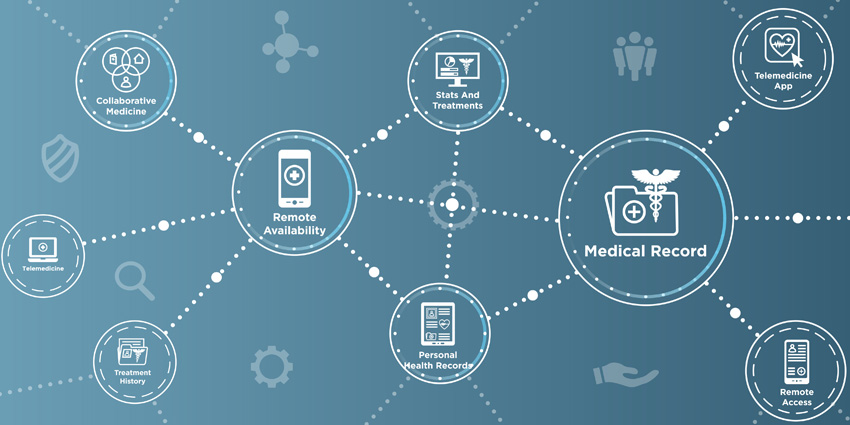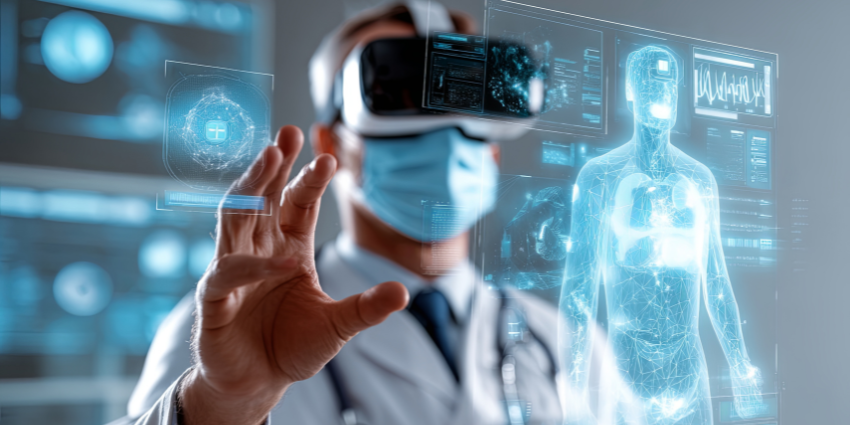Last month, VR4Rehab hosted its 2021 conference to show the public the value in virtual and augmented reality (VR/AR) rehabilitative care solutions.
The firm is using state-of-the-art VR technology and immersive telehealth tools to refine rehabilitation protocols and accelerate patient recovery since its founding in 2017.
At the moment, VR4Rehab is splitting its developmental focus into eight different rehabilitation teams and projects, including:
- ‘Move VRee,’ a gaming experience that retrains a patient’s motor control and rehabilitates movement.
- ‘Crystal Ball,’ an AR application for smartphones that can improve a patient’s short-term memory, although this application is currently a prototype.
- ‘Hands Around the World,’ an affordable mixed reality (MR) solution for children with unilateral cerebral palsy, which offers a “fun” rehabilitation platform from home.
Not only this, but other applications from the telehealth vendor offer immersive technologies that provide the best in digitised healthcare.
Immersive rehab conducted at home can also empower therapists to easily monitor patients and adjust care to fit their individual needs, leading to efficient solutions to reduce pain and fatigue while being highly cost-effective, the company added.
To support this, VR4Rehab is currently using co-creation and collaboration opportunities to optimise immersive rehabilitation and is actively searching for new partners to facilitate VR-enabled healthcare.
Partners in Healthcare and Education
The developments come as the Brussels-based firm announced it had teamed up with seven investment partners, which include the ‘Royal Free London NHS Trust’, to help increase the reach of the VR solutions and widen potential use cases across a variety of health conditions.
In a joint press release, the NHS Trust and VR4Rehab said the project was an “opportunity to work together with experts in computer sciences and digital technologies,” where the NHS trust was applying research and development (R&D) for “meaningful and motivating environments for rehabilitation.”
Additional partners such as educational institutions Teesside University and University College Cork, have also helped deepen knowledge on numerous countries and institutions, and apply research to respond to patient and therapist needs.
Furthermore, the telehealth providers are working on VR R&D along with other universities and healthcare enterprises in Belgium, France, Germany, Netherlands, and the UK.
Currently, the Brussels team are expanding their network to professionals innovating the digital health sector, and VR4Rehab are set to hold its annual press conference on June 23 next year.







